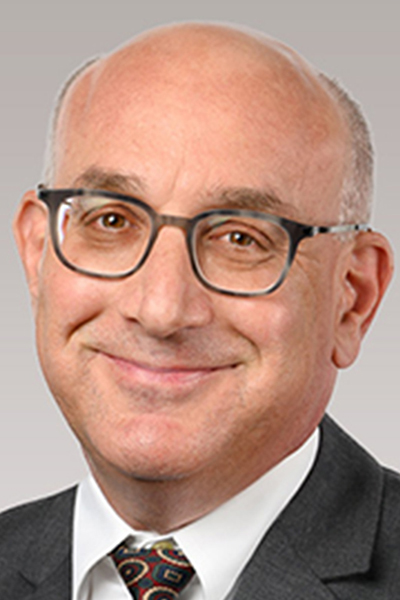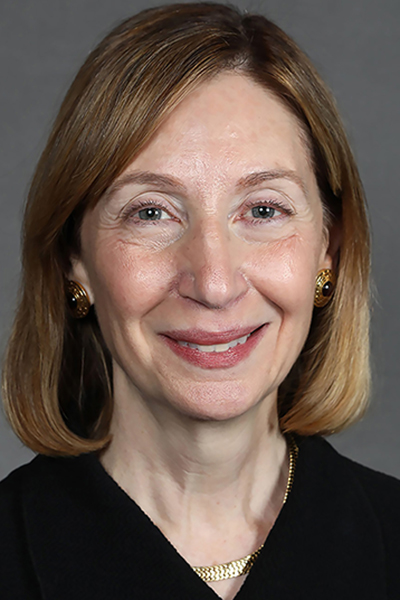The ACR Convergence 2020 Opening Session now includes the popular and informative Year in Review, guaranteeing that the all-virtual meeting gets off to a powerful start that attendees won’t want to miss.
The session runs from 2 p.m. – 4:45 p.m. EST Thursday, Nov. 5 and features the traditional presidential address, keynote lecture, and recognition of the ACR Gold Medal Award recipient.
As with all sessions this year, registered attendees can use their 24/7 on-demand access to watch a full replay through Wednesday, March 11.

Eric Rubin, MD, editor in chief of The New England Journal of Medicine, will present the 2020 keynote address. Dr. Rubin, chair of the Department of Immunology and Infectious Diseases at the Harvard T.H. Chan School of Public Health, Boston, and the Irene Heinz Given Professor of Immunology and Infectious Diseases, will offer his perspective on the COVID-19 pandemic.
Dr. Rubin is known for his groundbreaking tuberculosis research and dedication to patient populations frequently neglected.
“It was important for us to ensure that the first session was a real kickoff to the new virtual format, so we wanted to make sure that this opening session was meaningful, important to attend, and filled with quality content,” said Swamy Venuturupalli, MD, Chair of the ACR Education Committee.
At past annual meetings, the Year in Review has been the first session of the morning on the first full day of sessions. But while the session has moved this year to join in with the Opening Session, Year in Review will continue to serve its valuable purpose during the annual meeting by highlighting and summarizing the biggest rheumatology research and clinical breakthroughs during the past year.
Jinoos Yazdany, MD, MPH, chief of the Division of Rheumatology at the University of California, San Francisco, Zuckerberg General Hospital, will review the year in clinical science. Dr. Yazdany said that the explosion of therapeutic options continues in rheumatology, as many new drugs have become available. It’s also been a historic year, with the COVID-19 pandemic weighing heavily on the field of rheumatology. Dr. Yazdany’s discussion will include updates on management of lupus, RA, spondyloarthropathies, and vasculitis.
“As therapeutic options expand, it is important for rheumatologists to keep track of new data on drug safety,” Dr. Yazdany said. “Several key trials that have expanded our knowledge of drug safety will be covered.”
Richard J. Bucala, MD, PhD, chief of the Division of Rheumatology, Allergy & Immunology at Yale School of Medicine and the Von Zedtwitz Professor of Medicine, Pathology and Epidemiology, will focus on the year in basic science. Dr. Bucala said that the wide range of topics likely to be covered includes the expanding use of molecular profiling and new clinical phenotypes that are important to tailor therapies or predict outcomes for patients—the goal of precision medicine.

The presenters call on experts working in many different facets of rheumatology in order to find the most relevant content for attendees, Dr. Bucala said.
“The objective is to give the membership a quality review of what’s happened in the field,” Dr. Bucala said. “It’s important because no one can be an expert in all areas, and it allows people to maintain their breadth of knowledge if there are particular areas they don’t follow or may not have appreciated.”
ACR President Ellen M. Gravallese, MD, will deliver the annual president’s address, followed by a salute to the 2020 recipient of the ACR Gold Medal Award and the ARP Lifetime Achievement Award.
